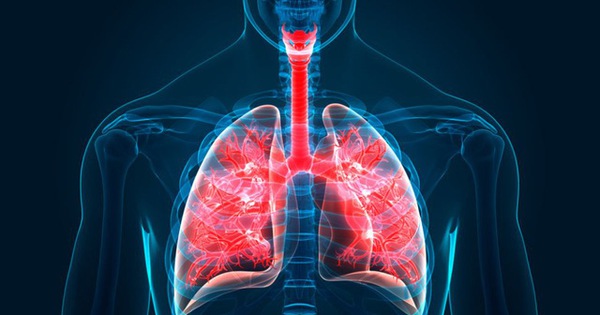Why shouldn’t babies drink cow’s milk?
Experts at Cincinnati Children’s Hospital explain why cow’s milk should not be used as a substitute for breast milk or formula for babies under 12 months of age.
Dr. Jae Kim, Director of Neonatology at Cincinnati Children’s Hospital of America, told Live Science that cow’s milk contains proteins that are difficult for babies to digest, while lacking important vitamins and minerals, such as iron, that babies need to grow.
Although infant formula is made from cow’s milk, manufacturers remove the proteins and modify them before adding them back along with other essential ingredients. So the final type of formula is very different from cow’s milk.
Babies’ intestines, kidneys and immune systems need time to develop before they can safely tolerate the new types and amounts of protein found in cow’s milk, Kim said.

Babies under 12 months of age should not be given cow’s milk in place of breast milk or formula. Image: Simbolics
According to the American Academy of Pediatrics (AAP), the high concentrations of proteins and minerals found in cow’s milk stress the kidneys of infants and can cause severe illness at times such as heat, fever or diarrhea. That’s why “we recommend that people not give cow’s milk to babies for the first year of life,” Kim stressed.
Experts note that most babies over 6 months will enjoy drinking cow’s milk, but foreign proteins in it can cause inflammation due to allergic reactions in some babies.
That allergic reaction can lead to enteritis or microscopic bleeding in the lining of the baby’s intestines, and the lack of iron in cow’s milk can lead to anemia. Overall, it can cause a child to be stunted or unhealthy.
“Be aware of signs and symptoms of any inflammatory or allergic reactions,” adds Kim. Newborns may not have an immediate reaction to cow’s milk, but over time, they begin to spit or have diarrhea more often. In the worst case scenario, there may be some blood in the child’s stool due to colitis, an inflammation of the colon, or the child may have swelling, especially in the face, and anemia due to loss of protein in the blood. .
The risk of an allergic reaction decreases as the child gets older and eats more. Older children have more mature intestines, kidneys, and immune systems to tolerate new proteins. In fact, for the vast majority of babies 6 months of age and older, drinking cow’s milk as a nutritional supplement usually doesn’t pose a problem. If you are concerned about what your child should drink, the AAP recommends consulting your pediatrician.
Doan Duong (Follow Live Science)
at Blogtuan.info – Source: vnexpress.net – Read the original article here



